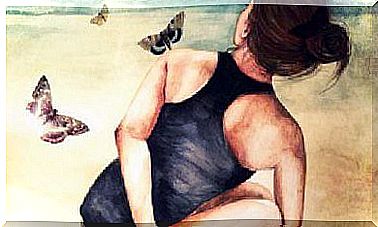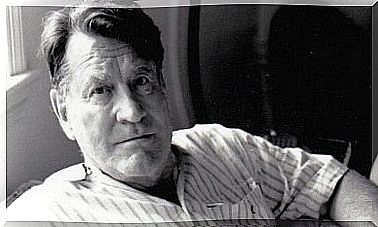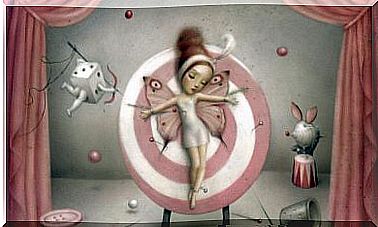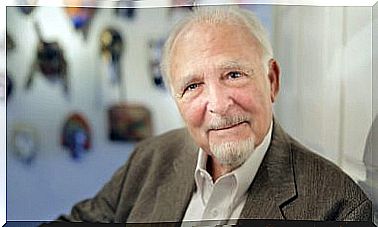Carl Müller-Braunschweig: Ethics And Ambiguity
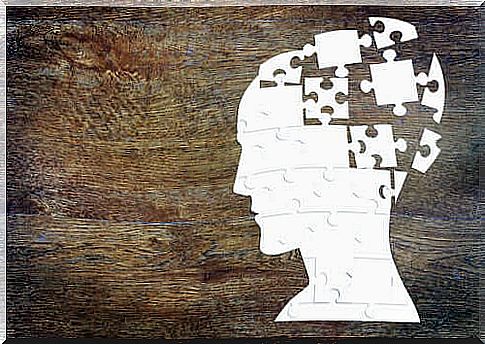
The story of Carl Müller-Braunschweig is a dark page in the history of psychoanalysis. He was the author of interesting works, almost all around ethics. Still, his figure stains analytic practice because he became a collaborator of Nazism during World War II.
Its position has been the subject of much debate. On the one hand, there are those who think that psychoanalysis should in no way have put itself at the service of a totalitarian regime.
On the other hand, there are those who believe that psychoanalysis, as a scientific discipline subject to the laws of epistemology, is above ideologies or forms of power. In this sense, it does not matter whether it is practiced within a fascist or liberal state.
The only important thing is that it conforms to the methodological statutes that govern it. Apparently, Carl Müller-Braunschweig agreed with the latter position.

Who was Carl Müller-Braunschweig?
Carl Müller-Braunschweig was born on 8 April 1881 in the city of Braunschweig, the son of a German carpenter. Later, he decided to add the name of the hometown to his surname.
His training was purely philosophical. Some of his teachers were: Crock von Brockdorff, Jonas Cohn, Carl Stumpf, Paul Menzer, Georg Lasson and Alois Riehl among others, all great thinkers of the time.
Carl Müller-Braunschweig also studied other disciplines such as physics, biology, anthropology, history, psychology, chemistry and economics, eventually obtaining a doctorate in philosophy in 1905 from the University of Berlin.
It was then that he came into contact with psychoanalytic thinking, which immediately caught his attention. He began studying first Karl Abraham and then Hans Sachs.
Psychoanalysis so fascinated Müller that he became a follower of Sigmund Freud’s ideas. However, his career would have been oriented more towards bureaucratic activities than psychoanalysis.
Carl Müller-Braunschweig and Nazism
Most of the pioneers of psychoanalysis were Jews. With the gradual rise of Nazism, their position as intellectuals was called into question.
At that time, psychoanalysis was not yet well known: it had aroused the interest of some groups of intellectuals, a very small percentage of people belonging to the upper middle class. In other words, the number of people interested in psychoanalysis was not very large.
Nazism demanded that all Jews who held prominent positions in scientific bodies or organizations be fired. At that time, the most important psychoanalytic societies were located in Berlin and Vienna. It was then that Carl Müller-Braunschweig became president of the German Psychoanalytic Society, a clearly Nazi-style body.
The new institution was shortly thereafter renamed by the Nazi government as the Göring Institute, in honor of its founder, Mathias Göring, first cousin of the famous SS Marshal. The Nazis were very interested in psychoanalysis, but they wanted to erase any possible Jewish trace within it.
The postwar period
Carl Müller-Braunschweig’s position was in some respects very ambiguous. He was a disciple of psychoanalysis, but at the same time he carried out the demands of the Nazi regime. In 1938 Müller began to suffer from a profound depression.
The depressive episodes recurred several times throughout his life. Around 1946, with the war already over, he undertook a work of reconstruction of psychoanalysis in Germany, counting on the support of Ernst Jones and Ana Freud.
Later, John Rickman was commissioned to visit Germany to assess the preparation of German psychoanalysts. The mission was to determine whether or not they were eligible to pursue the training of new analysts.
According to Rickman, Carl Müller-Braunschweig was incompetent and, in defense of his position, he pointed the finger at the obvious psychic deterioration he had suffered from for years.
However, many believe it was retaliation to boycott Müller’s career as an intellectual who had worked for the Nazis. A sort of punishment for him for adopting an ambiguous position.

In 1950 Müller-Braunschweig founded a new psychoanalytic society which, over time, has been recognized by the international community of psychoanalysts. Subsequently, he devoted himself to the private practice of psychoanalysis and teaching at the prestigious University of Berlin.
In many of his writings, we can recognize several attempts to justify his collaboration with Nazism. He died on 12 October 1958 in Berlin.
Müller’s is a somewhat obscure story, showing how political and international conflicts have exerted their influence on a science like psychoanalysis. Sometimes it is difficult to take a neutral position or a decision.
There are those who believe that no matter who is in power, the important thing is to advance in the field of scientific research. Of course, crucial questions of ethics and morals also come into play at this point.
Do you have to submit to preserve the research? Is it better to give up your role or try to fight even if the battle is lost from the start? Research and science should rise above political or economic interests, but sometimes it’s not that simple.
